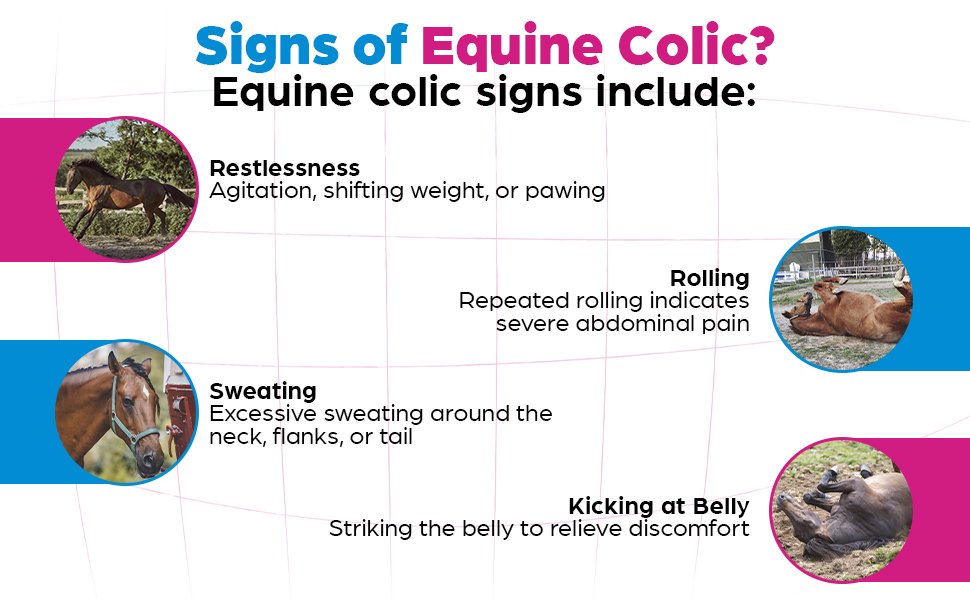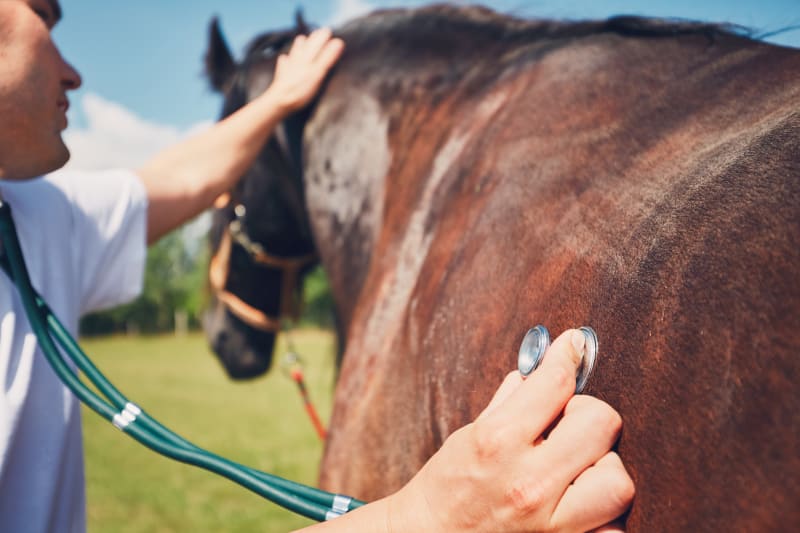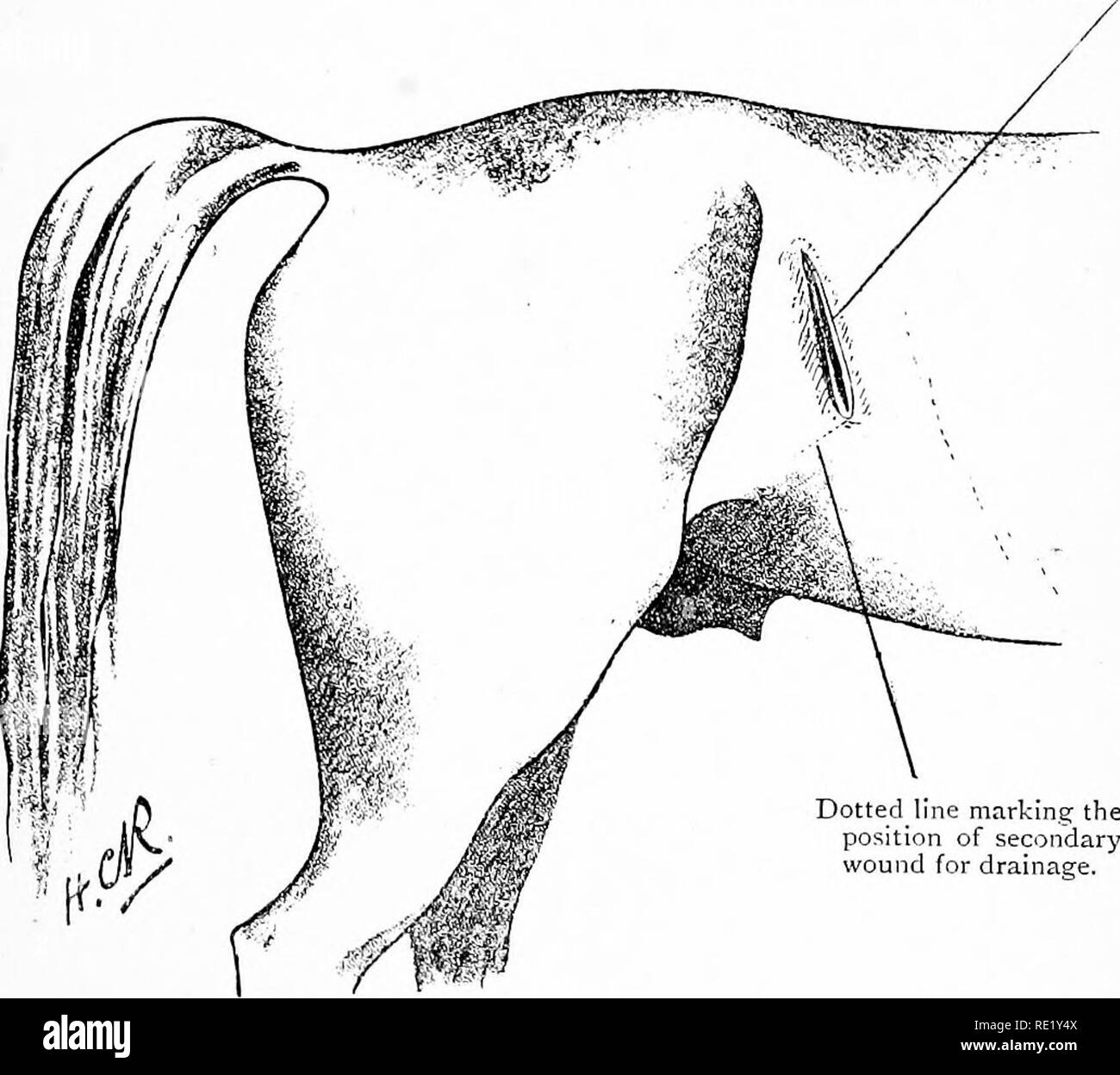Colic in Horses: Prevention, Recognition, and Treatment

Colic is a common and potentially life-threatening condition in horses that requires prompt attention. This article explores the causes, prevention strategies, signs to recognize, and treatment options for colic, providing horse owners with essential knowledge to safeguard their animals’ health.
What is Colic?

Colic refers to abdominal pain in horses, often caused by gastrointestinal disturbances. It can range from mild discomfort to severe, life-threatening conditions.
Causes of Colic
| Cause | Description |
|---|---|
| Gas accumulation | Excess gas in the intestines causing distension |
| Impaction | Blockage in the intestines due to feed or foreign material |
| Twisted intestines | Intestinal displacement or torsion |
| Parasites | Worm infestations leading to intestinal damage |
| Sudden diet changes | Abrupt changes in feed causing digestive upset |
Prevention of Colic
Preventing colic involves management practices that promote digestive health:
- Consistent Feeding Schedule: Feed horses at regular times to maintain digestive rhythm.
- High-Quality Forage: Provide clean, fresh hay or pasture to ensure proper fiber intake.
- Gradual Diet Changes: Introduce new feeds slowly over 7-10 days.
- Regular Deworming: Follow a veterinarian-recommended parasite control program.
- Adequate Water Intake: Ensure constant access to clean water.
- Exercise: Regular physical activity promotes healthy gut motility.
Recognizing Colic Symptoms
Early recognition is critical. Common signs include:
- Pawing at the ground
- Looking at the flank
- Restlessness or rolling
- Sweating
- Lack of appetite
- Abnormal feces
- Elevated heart rate
Treatment Options
Treatment depends on severity:
| Treatment Type | Description |
|---|---|
| Medical Management | Pain relief, fluids, and laxatives administered by a vet |
| Surgical Intervention | Required in cases of intestinal torsion or severe impaction |
| Supportive Care | Monitoring vital signs, providing a calm environment |
When to Call a Veterinarian
If a horse shows persistent or severe signs of colic, immediate veterinary attention is crucial. Do not delay, as early intervention can save lives.
Frequently Asked Questions (FAQ)
Q1: Can colic be completely prevented?
A1: While not all colic cases can be prevented, good management significantly reduces the risk.
Q2: How quickly should I act if I suspect colic?
A2: Immediate action is essential. Contact your vet as soon as symptoms appear.
Q3: Is rolling always a sign of colic?
A3: Rolling can indicate colic but may also be due to other issues. Observe other symptoms and consult a vet.
Q4: Can diet alone cause colic?
A4: Sudden diet changes or poor-quality feed can contribute to colic but are usually part of multiple factors.
By understanding colic’s causes, prevention, and treatment, horse owners can better protect their animals and respond effectively to this serious condition.
